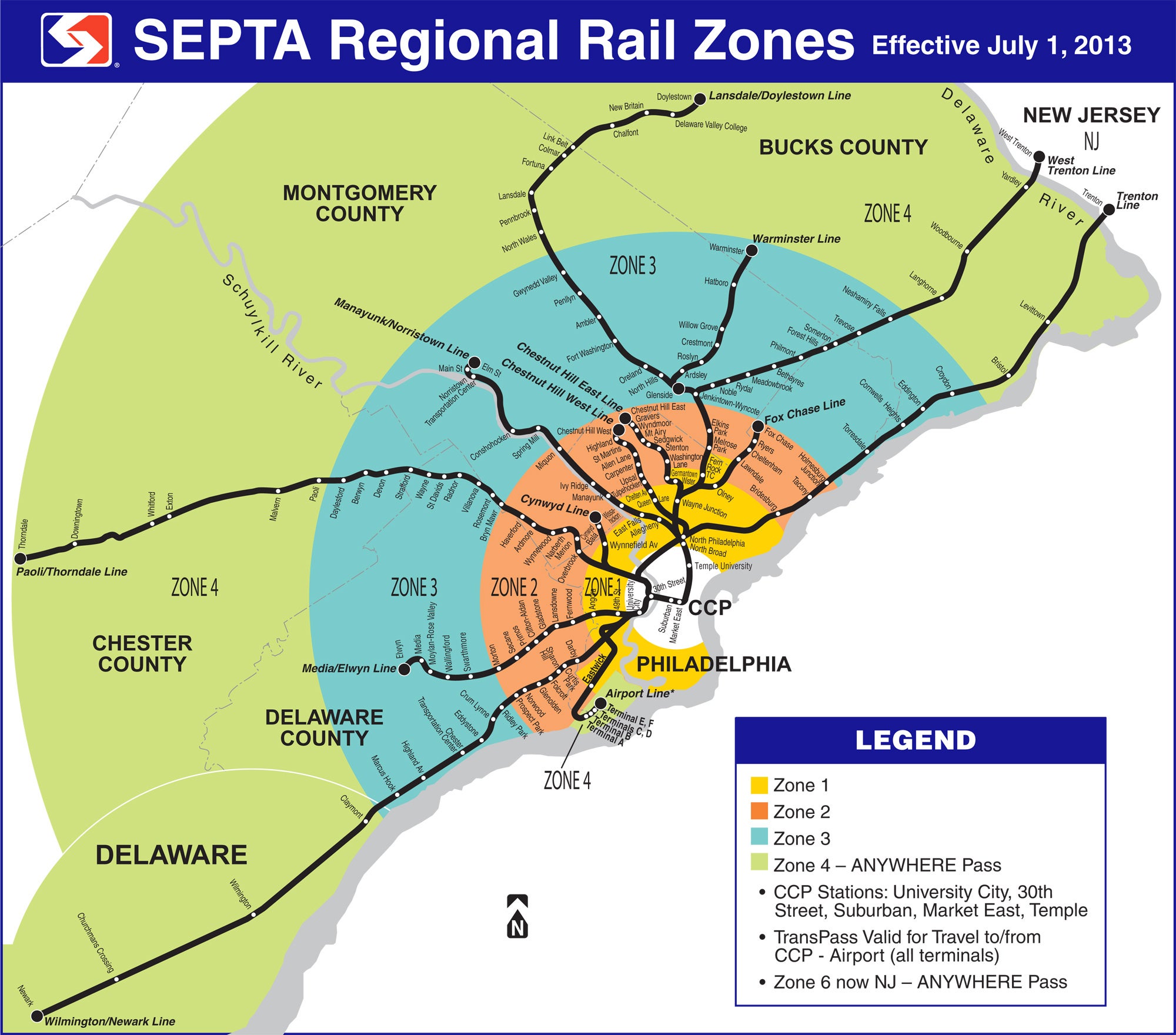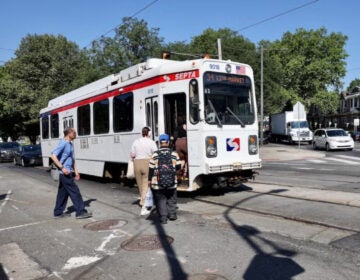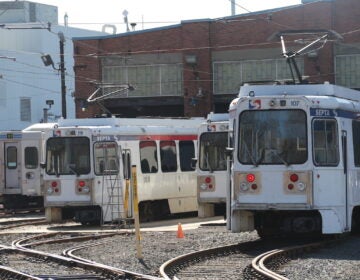Hoard the tokens, SEPTA fares increase next week

SEPTA riders may want to stock up on tokens before the price jumps to $1.80 next week, and those who pay the cash fare for buses, trolleys and subways, should get their quarters ready. The $2 cash fare will soon become $2.25.
On July 1, SEPTA will implement these and other fare changes throughout the system.
The increase is one of SEPTA’s standard, periodical fare increases, which is designed to raise additional revenue. Even with the fare increase and new revenue streams – like an expanded advertising program that is projected to generate $14 million during fiscal year 2014 – SEPTA’s proposed $1.3 billion fiscal year 2014 operating budget has a $38 million shortfall.
New subway, bus and trolley fares
For now, tokens will increase from $1.55 to $1.80, and the cash fare for transit rides will increase from $2 to $2.25.
When SEPTA begins using its smartcard-based payment system, also known as New Payment Technology (NPT), sometime next year, the cash fare will increase again to $2.50. Though tokens will be phased out after NPT begins, passengers using the new smartcards will eligible for the discounted, $1.80 fare.
As of July 1, passengers will still be able to purchase $1 paper transfer tickets, but after the NPT system is live, SEPTA will do away with the $1 paper transfers. Only passengers using a smartcard will get the discounted transfer rate.
Regional rail fare increase
On regional rail the fare increase is slightly more complicated. As part of the fare increase, the system’s five fare zones will be consolidated into four zones. All current Zone 5 stations will become Zone 4 stations. Several but not all current Zone 4 stations will become Zone 3 stations. Eastwick will change from a Zone 2 to a Zone 1 station, and North Broad Street and North Philadelphia stations will become Zone 1 stations.
Advance purchase tickets for Zones 1-4 will increase anywhere from $0.25 and $0.75 depending on the zone and time of day. Weekday tickets purchased on board the train for Zone 1 will jump from $4 to $6. Weekday Zone 2 – 4 tickets purchased on board will increase by $1. Weekend and evening tickets purchased on board will all increase by $1.
Beginning July 1, SEPTA will do away with discounted roundtrip regional rail fares, meaning passengers will no longer be able to purchase discounted roundtrip tickets onboard regional rail trains.
When NPT is implemented on the regional rail system, all onboard ticket sales will be phased out. The cost of weekday tickets paid for with a smartcard will actually decrease to, in some instances, less than the current, pre-July 1, weekday prices.
TransPass and TrailPass changes
Across the board, passes will also increase.
Weekly and monthly TransPasses will increase from $22 to $24 and $83 to $91, respectively. Weekly and monthly TrailPasses will increase as well. The largest jump will be in Zone 4 where the cost of a weekly TrailPass will go from $47.75 to $53 and a monthly pass will go from $176 to $191. Much of this difference is due to the zone restructuring and consolidation.
Convenience, Independence and Independence Family passes will all increase by $1.
SEPTA will impose ride limits on weekly and monthly TransPasses. Weekly passes will only be valid for 56 rides, and monthly passes will only be valid for 240 rides. Those limits were increased slightly after passengers and passenger advocate groups raised concern at public hearings this spring.
CCT Paratransit fare freeze, Airport Line
In response to other concerns raised at these hearings, SEPTA made a few other modifications to its initial fare increase proposal. As a result, the cost of CCT paratransit rides will remain $4, rather than increase $4.50. The weekly and monthly TransPass fares have been lowered slightly, and SEPTA will continue to accept TransPasses on the Airport Regional Rail Line until the NPT system is in place.
WHYY is your source for fact-based, in-depth journalism and information. As a nonprofit organization, we rely on financial support from readers like you. Please give today.






